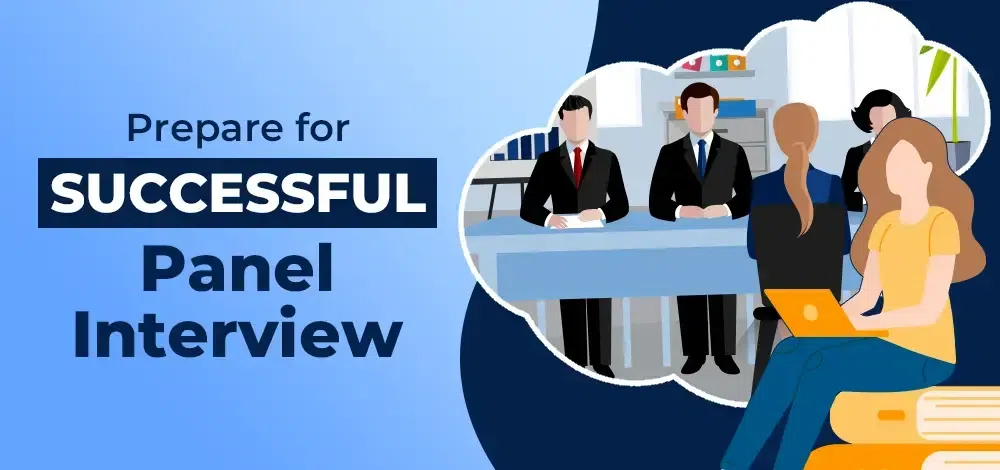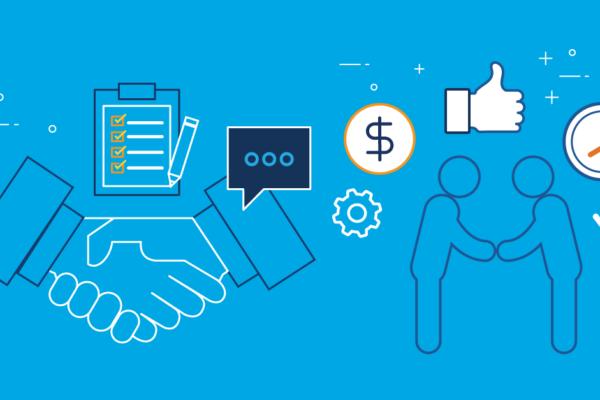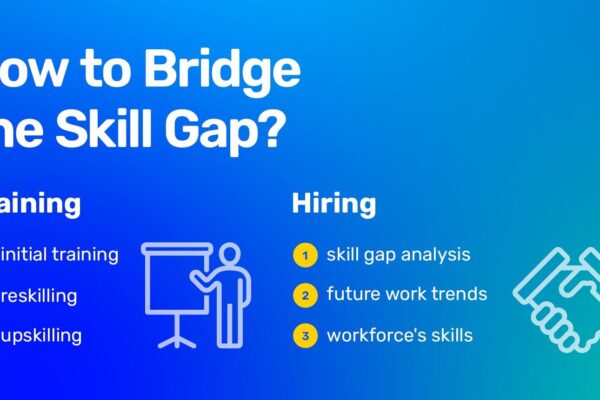How to Prepare for and Ace Panel Interviews
A panel interview can be daunting, with multiple interviewers evaluating you simultaneously. However, with the right preparation and approach, you can turn this challenging situation into an opportunity to shine. Here’s how to prepare for and ace your panel interview.
1. Research the Company and Interviewers
Know the Company
Start by thoroughly researching the company. Understand its mission, values, culture, and recent developments. This knowledge will help you tailor your answers to align with the company’s goals and show that you are genuinely interested in being part of their team.
Know the Panelists
If you have access to the names of your interviewers, look them up on LinkedIn or the company’s website. Familiarize yourself with their roles, backgrounds, and any common interests you might share. This can help in building rapport and making the interview feel more personal.
2. Practice Common Questions and Scenarios
Prepare Your Answers
Rehearse answers to common interview questions, such as:
- “Tell me about yourself.”
- “Why do you want to work here?”
- “What are your strengths and weaknesses?”
Tailor your responses to highlight your skills and experiences that are most relevant to the job you’re applying for.
Behavioral Questions
Panel interviews often include behavioral questions to assess how you handle various situations. Use the STAR method (Situation, Task, Action, Result) to structure your answers:
- Situation: Describe the context within which you performed a task or faced a challenge.
- Task: Explain the actual task you had to complete.
- Action: Detail the specific actions you took to complete the task or overcome the challenge.
- Result: Share the outcomes or results of your actions.
-
3. Prepare Questions for the Panel
Thoughtful Questions
Having thoughtful questions ready for the panel shows that you’re engaged and have done your homework. Ask about:
- The company’s future projects or goals.
- Team dynamics and company culture.
- Opportunities for professional development.
Specific Questions for Each Panelist
If you know who will be interviewing you, prepare a few specific questions for each person based on their role and background. This demonstrates that you’ve taken the time to understand who they are and how they fit into the company.
-
4. Practice Your Presentation Skills
Body Language
Your body language speaks volumes. Maintain good posture, make eye contact with all the panelists, and use natural hand gestures to emphasize points. Avoid crossing your arms or fidgeting, as these can be interpreted as signs of nervousness or defensiveness.
Clarity and Brevity
Speak clearly and concisely. Avoid long-winded answers; instead, get to the point quickly and provide detailed, relevant information. This shows respect for the panel’s time and keeps the interview moving smoothly.
-
5. Handle Multiple Interviewers
Engage with All Panelists
Make an effort to engage with each interviewer equally. When answering questions, address the person who asked the question but also make brief eye contact with the other panelists. This helps build a connection with the entire panel.
Take Your Time
It’s natural to feel rushed when facing multiple interviewers, but it’s important to take your time to think before answering. Pausing briefly shows that you are considering your response carefully.
-
6. Follow Up
Thank You Notes
After the interview, send personalized thank-you notes or emails to each panelist. Express your gratitude for the opportunity and briefly mention something specific you discussed with each person. This keeps you fresh in their minds and reinforces your interest in the position.
Reflect on the Interview
Take some time to reflect on how the interview went. Consider what you did well and identify areas for improvement. This self-assessment will be invaluable for future interviews.
By following these tips, you’ll be well-prepared to impress a panel of interviewers and move one step closer to landing your dream job. Good luck!









